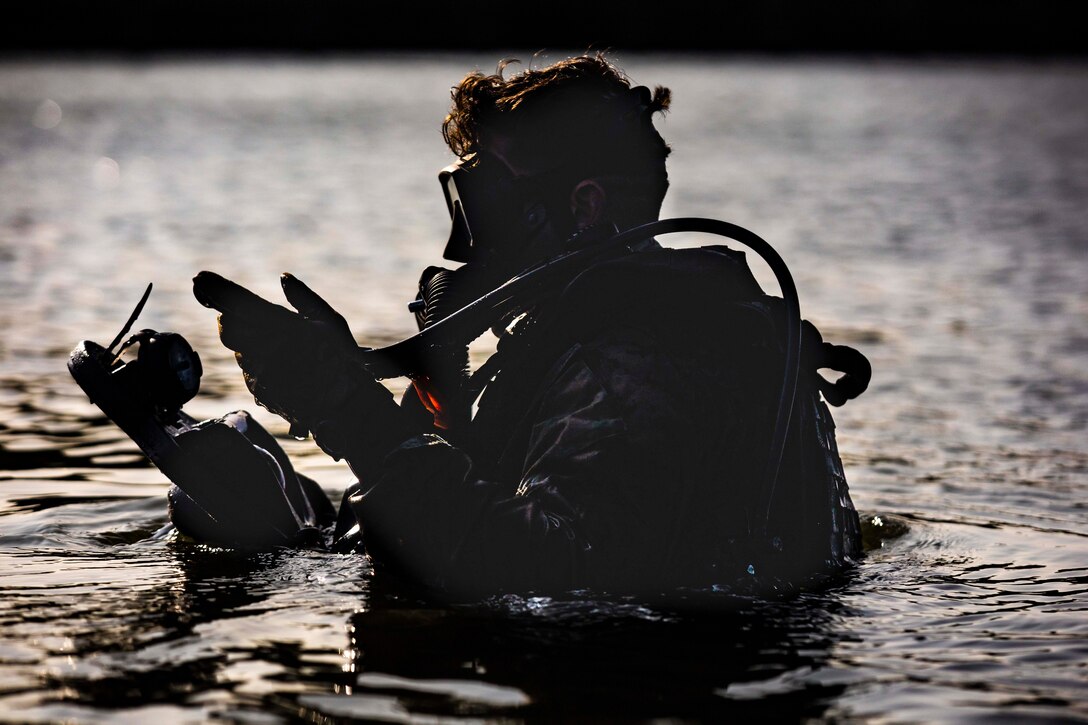Protecting brain health in tactical athletes means we must expand our view to include all potential subconcussive mechanisms, ensuring any MOS, or specialty’s unique neurotrauma exposures are considered.
Combat divers are no exception.
A study conducted at the Swedish Armed Forces (SwAF) naval base with professional divers recruited from the SwAF, the Swedish Coast Guard, and the Swedish Police looked at neurotrauma blood biomarkers after a dive.
They found that tau levels in blood rise after a 10-minute dive made to an equivalent of 42 msw depth. The rise in these levels was fast, with measurable increases as soon as 30-45 minutes after diving, with even higher tau levels found after 120 minutes. After 48 hours, the tau blood levels had returned to the baseline levels prior to the dive. [1]
Tau is a blood biomarker which rises after brain damage and neuronal cell death.
The dichotomy of readiness remains.
Combat divers have to dive.
But leaders can help guide future research to study strategies and solutions that will actually be useful to them and their Team, encourage conversation around this topic, and incorporate proactive training of capabilities most susceptible to these exposures.
References:
- Rosén, A., Gennser, M., Oscarsson, N., Kvarnström, A., Sandström, G., Seeman-Lodding, H., … & Zetterberg, H. (2022). Protein tau concentration in blood increases after SCUBA diving: an observational study. European Journal of Applied Physiology, 122(4), 993-1005.
